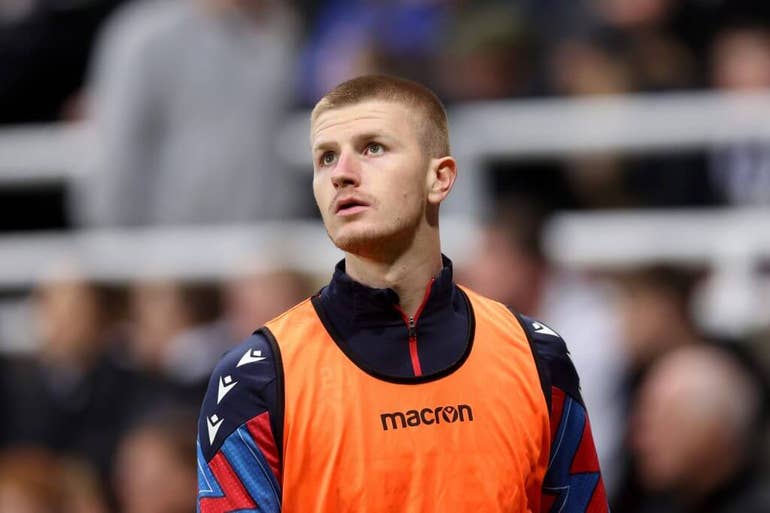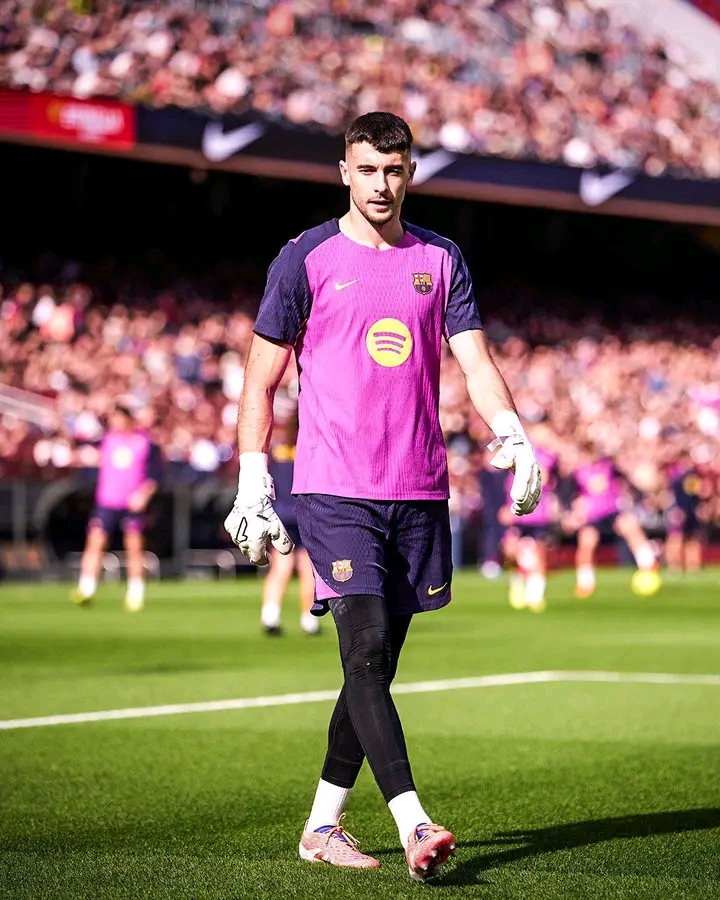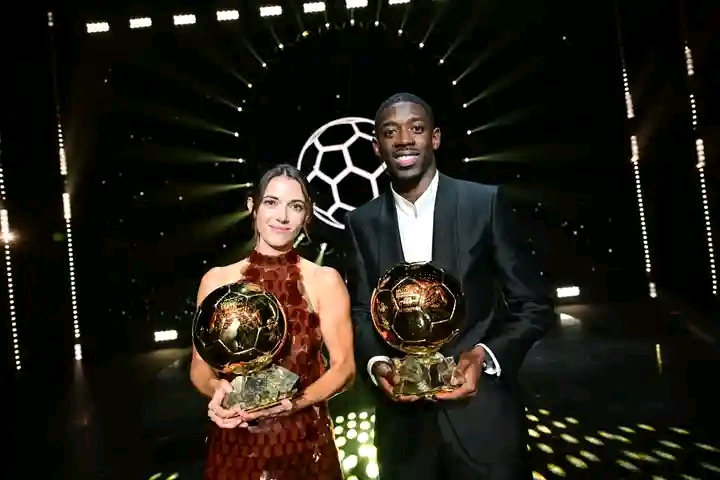
The Night Before & Anticipation
As dusk settled over Paris, the Théâtre du Châtelet was awash with lights, red carpet glamour and a restless excitement. Fans, pundits, players, and coaches alike had waited for weeks — months — for this moment. Betting odds, expert predictions, social‑media debates all swirled around a few frontrunners: in the men’s category Ousmane Dembélé was often named among the top contenders, as was Lamine Yamal, Mohamed Salah, Vitinha, and a few others. On the women’s side, many expected Aitana Bonmatí to challenge strongly, with Mariona Caldentey, Alessia Russo, and Alexia Putellas often mentioned. There was also special interest in the younger players for trophies like the Kopa, and goalkeepers for the Yashin, and everywhere you looked — in Africa, Europe, Asia, the Americas — conversations were about who “deserved” the nod, who had the most consistent season, who stepped up in big matches.
There was also a sense of something historic in the air: with the awards for men and women being increasingly compared equally, more visibility for female nominees, more attention to under‑21 stars, and a general mood that this wasn’t just a ceremony but a statement about football’s evolving landscape.
The Event & Key Moments
Held in Paris, the 69th Ballon d’Or ceremony pulled prominent figures in world football together. Ousmane Dembélé’s journey — his resurgence, big performances for Paris Saint‑Germain, crucial goals and assists, and leadership — was often cited in pre‑ceremony chatter. On the women’s side, Bonmatí’s consistency, her role in Barcelona and Spain, her technical mastery and ability to perform under pressure were seen by many as putting her in pole position again.
The tension built as results for lower‑ranked positions were revealed, top‑3, then the winners. When Dembélé was finally announced as men’s Ballon d’Or, there were gasps and cheers. Similarly, Aitana Bonmatí’s name ‒ as winner of the women’s Ballon d’Or for the third consecutive year — was met with admiration, and a sense of inevitable justice among those who followed her closely.
Other awards got applause: the rising stars grabbing the Kopa trophies, goalkeepers being recognised, coaches for their tactical mastery, clubs for their overall performances. Emotion, respect, sometimes tears, especially when winners thanked teammates, families, fans, staff. It was a night where top individual glory and collective support merged.
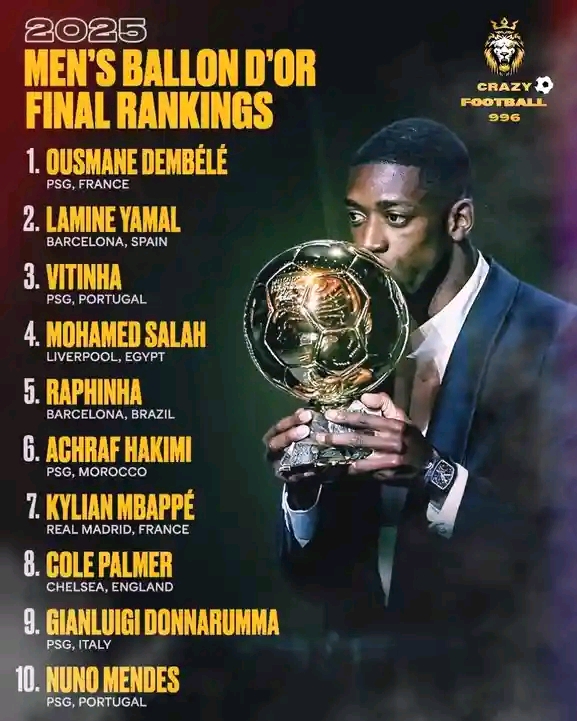
Winners & Awarded (Male & Female Categories)
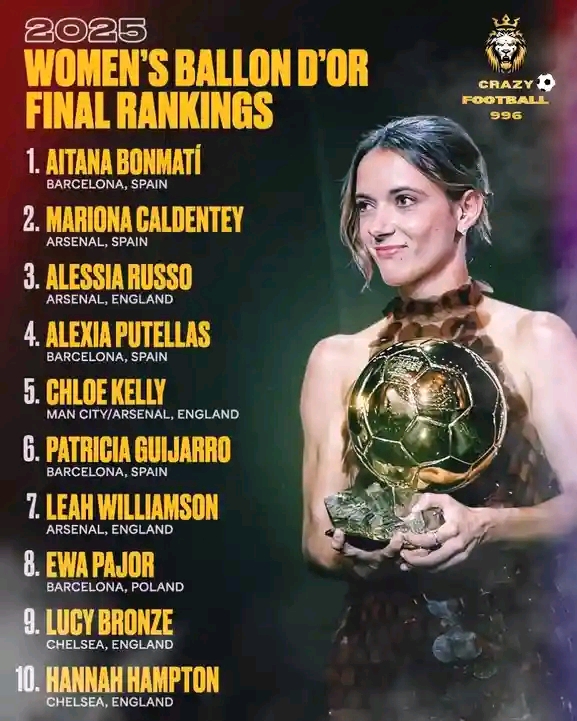
Here is the list of main winners from the Ballon d’Or 2025 event, across both male and female categories, plus associated trophies:
Award Male Winner Female Winner
Ballon d’Or (Best Player) Ousmane Dembélé (Paris Saint‑Germain) Aitana Bonmatí (Barcelona)
Kopa Trophy (Best Young Player) Lamine Yamal (Barcelona) Vicky López
Yashin Trophy (Best Goalkeeper) Gianluigi Donnarumma Hannah Hampton
Gerd Müller Trophy (Top Scorer) Viktor Gyökeres Ewa Pajor
Coach of the Year (Johan Cruyff Trophy) Luis Enrique (PSG) Sarina Wiegman (England Women’s NT)
Club of the Year Paris Saint‑Germain (Men) FC Barcelona (Women)
Global Reaction & Significance
Fans & Media: Across social media platforms, Dembélé’s win sparked both celebration and debate. Some praised his underdog story — returning from injury, criticisms, expectations — and how he delivered in the biggest games. Others raised questions: was it strictly the best statistical season, or the most narrative‑rich one? For Bonmatí, there was broad consensus: many pundits hailed her as perhaps the finest midfielder in the women’s game, especially given her consistency and impact even when battling health issues.
Young Players & Under‑21 Talent: The recognition of young stars like Lamine Yamal and Vicky López triggered excitement about the future. These players are seen as not only carrying the torch forward but also redefining roles (pace, technicality, versatility). In many countries, especially Spain and those with strong youth systems, there were hopes and expectations that they will win the senior Ballon one day.
Women’s Football: For many observers, Bonmatí’s third straight win underscored the momentum in women’s football: increasingly competitive, better visibility, more scrutiny, more high‑stakes moments. The fact that awards like the Yashin Trophy and others are now more prominent in the women’s game, the emphasis on parity, all added to what many see as a turning point.
National Pride: France was proud to have Dembélé; Spain likewise for Bonmatí, Yamal, López. In England, with Hampton’s goalkeeper award, Wiegman’s coaching award, there was jubilation. Elsewhere, fans saw the ceremony as recognition that talent and consistency can be rewarded even if you don’t always play in the country with the most media attention.

